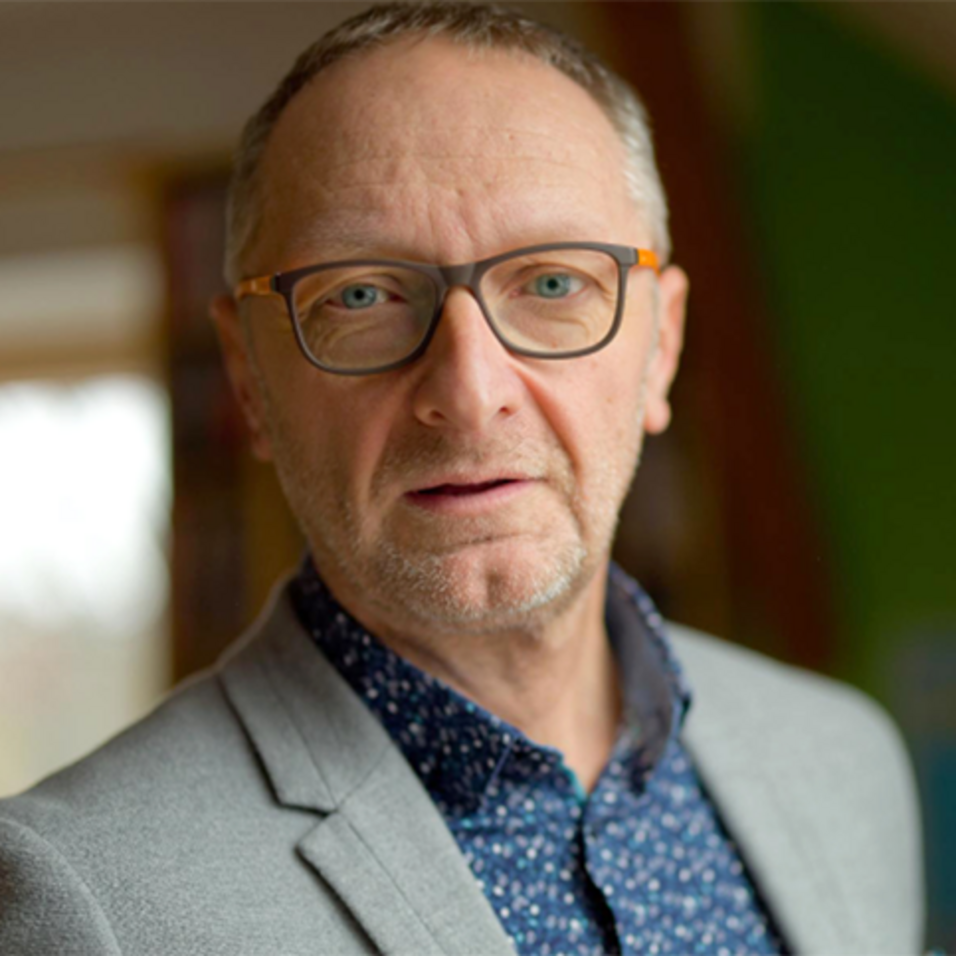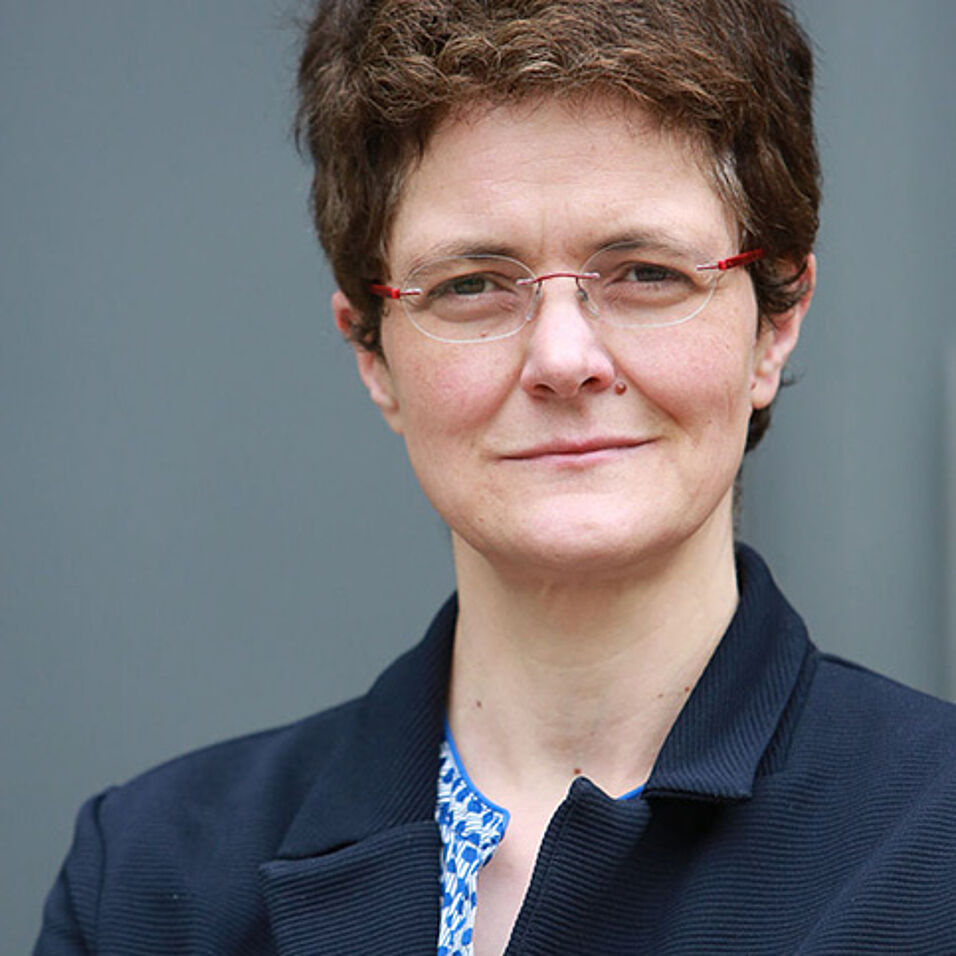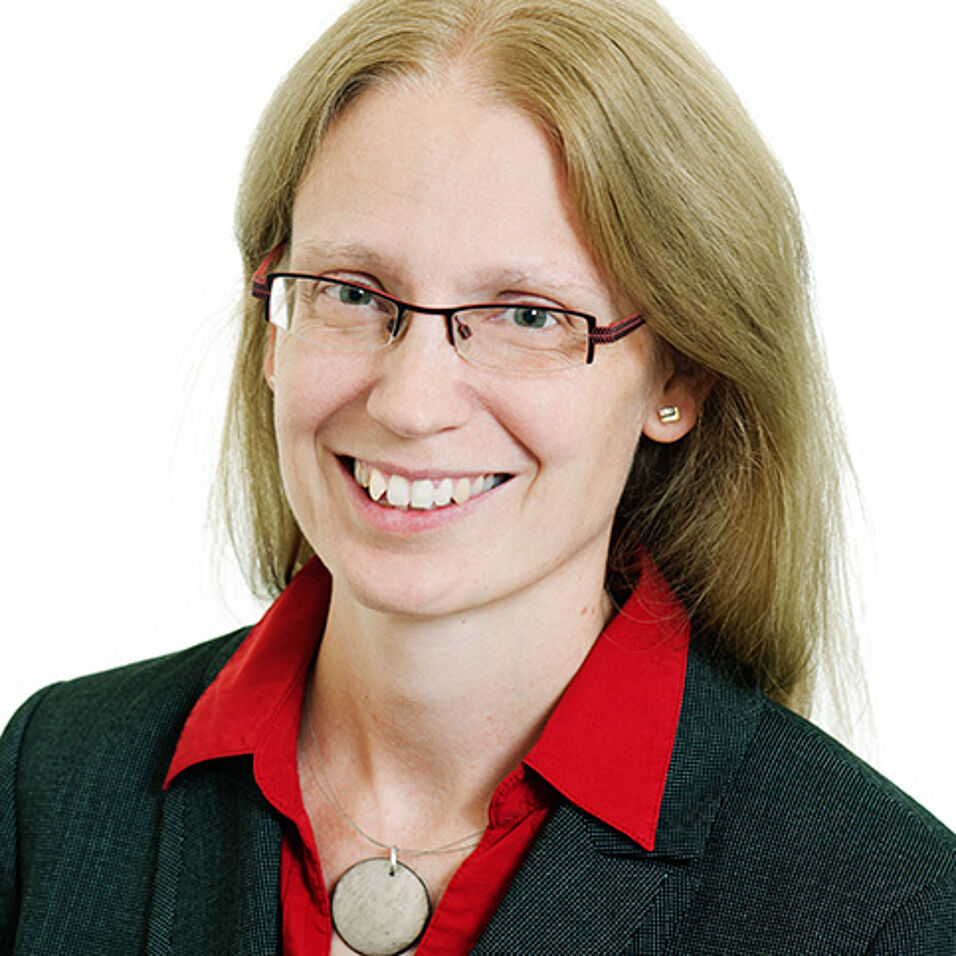In autumn 2020, the University of Vienna's new doctoral school Vienna International School of Space and Earth Sciences (VISESS) launched its first call for applications - and the response was remarkable: 472 applications from a total of 64 countries were received by mid of November.
Most of the 18 positions could already be filled with the first-ranked applicants by the end of February: "We are very pleased to welcome the first new VISESS doctoral students in spring," says VISESS Director Franz Kerschbaum. The great interest in the young school at the Faculty of Earth Sciences, Geography and Astronomy clearly shows that the University of Vienna as well as the Faculty are internationally well positioned: "We came a good step closer to our goal of making the doctoral school a central place in the heart of Europe for education and knowledge about our place in space and time," says Kerschbaum.
Fellowships awarded: From COVID-19 to globular clusters
The internationally oriented school offers a broad high-level education in the fields of earth sciences, geography and astronomy within the three branches Cosmos, Earth and Anthroposphere. In each of these branches, a fellowship was offered to highly-promising candidates in the course of the selection process.
"In addition to the numerous interesting dissertation projects that are financed through university positions or third-party funded projects, VISESS also aims to actively promote young scientists", explains Michaela Trippl, head of the Anthroposphere branch. This year, the fellowship for her branch was awarded to Leonhard Lemke. In his dissertation, the geographer will compare whether and to what extent the COVID-19 pandemic served as a catalyst for transformation in rural areas - specifically in Austria and Thailand. Laurane Fréour, on the other hand, fellow in the Cosmos branch, will explore Multiple Stellar Populations in Globular Clusters within the framework of her dissertation.
High-quality doctoral theses
“At the same time, we are very much looking forward to high-quality doctoral theses from the 15 fully financed projects offered by our supervisors within the framework of our new doctoral school” says Glenn van de Ven, head of the Cosmos branch. The list of projects shows the broad range of topics covered within the School – with research topics ranging from Tropical Rainfall Changes over The Environmental Impact on Migration up to Simulating the Dark Side of the Universe.
Combining the broad range of topics
“The doctoral school greatly manages to reflect the diversity and the broad range of topics at our faculty and to combine them at the same time. I am very pleased that such a dedicated school board team has put our doctoral training on a new and even broader footing”, says Petra Heinz, Dean of the Faculty of Earth Sciences, Geography and Astronomy.
Building a vibrant community
In addition to disciplinary education in the three branches, the school will offer workshops, seminars, hop-overs and summer schools to build a vibrant community. The school is also going to organise proposal factories and scientific-leadership-skills training – including project management and event management, since the “Big Picture” talk series will be organised by the doctoral students themselves. The opening event of the new talk series, a lecture of the Nobel Laureate Didier Queloz on the topic of The Exoplanet Revolution, though had to be postponed for at least a year because of Covid-19 measures.
Doctoral schools have established themselves as successful models for the organisation of doctoral training and education at European universities and serve to promote young scientists. For the University of Vienna, too, they are another milestone towards being perceived as an internationally attractive research centre. VISESS started in autumn 2020 as the first of 14 new doctoral schools at the University of Vienna.




